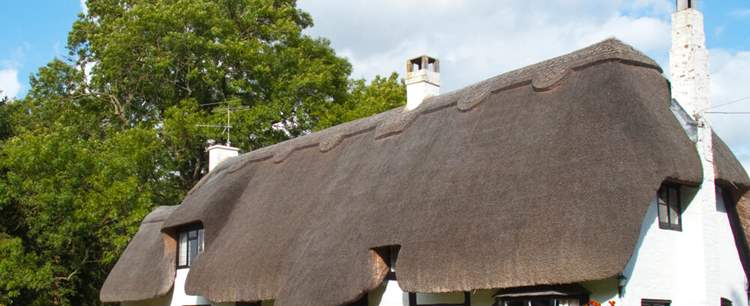With the sunnier days and lighter evenings, you are probably missing the chance of getting away to your second home. Like the former chief medical officer for Scotland, though, you know that such travel for purely recreational purposes is against the very spirit of social distancing.
If your second home is normally let through Airbnb, you will have discovered that the website has now restricted bookings to essential key workers only, explained Landlord Today on the 13th of April.
The bottom line is that your second home is more than likely – and probably should be – standing empty and unoccupied throughout the duration of the coronavirus lockdown. Where does that leave you as far as insurance on the property is concerned?
Your unoccupied second home
Your second or holiday home is at its most vulnerable when no one is there. When it is not being used by you or your family or let to short-term tenants, the risks of loss and damage rise exponentially:
- an unoccupied residence is an attraction for all manner of intruders, thieves, vandals, arsonists and squatters – and, like many a second home, might be situated in a relatively remote and underpopulated area well off the beaten track;
- when there is no one there to raise the alarm or report the need for some urgent repair or maintenance, a relatively minor incident might quickly develop into a full-blown emergency.
For reasons such as these, your insurance documents are likely to have made it clear that the degree of cover may be restricted – or might even lapse altogether – if the property is left unoccupied for longer than 30 to 45 consecutive days (although this exact interval may vary from one insurer to another).
That is why the property insurance you arrange for any second or holiday home needs to be purpose-designed for such use – specialist holiday home insurance, which recognises that the property is likely to be vacant and unoccupied for indeterminate, but potentially lengthy periods of time.
If you are buying your second home or holiday let with the help of a mortgage, ensuring that the property remains adequately and appropriately insured is all the more important. Your mortgage lender is almost certain to have made it a condition of the mortgage advance that suitable building insurance remains in place at all times – including those periods when it is empty and unoccupied.
What holiday home insurance covers
Holiday home insurance has at its core the kind of protection of the structure and fabric of the building that you might expect of any property insurance. Cover also typically extends to the contents of your second home or holiday let.
Where the insurance assumes a more specialist nature, however, is in its likely incorporation of landlord liability indemnity cover to safeguard you against the risk of claims against you from tenants who may have suffered an injury or had their property damaged while staying in your holiday accommodation.
As mentioned, the other distinctive feature of holiday home insurance is its incorporation of sufficient unoccupied property insurance to retain protection for your property even when it is unoccupied.
Do you have any questions relating to your holiday home and insurance? Then please contact us.






